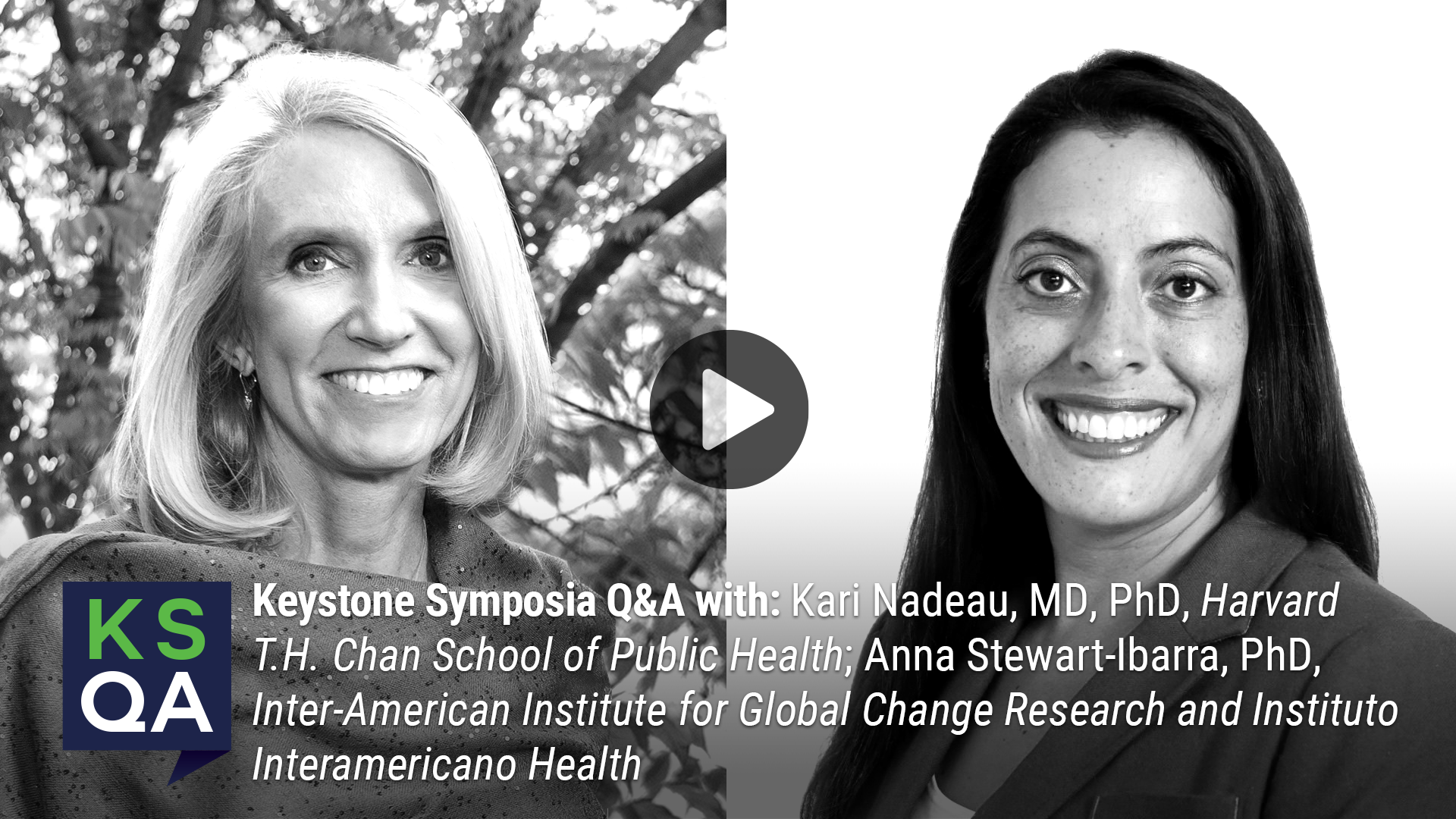Jun 23–26, 2025 | Herrenhausen Palace, Hannover, Germany
Scientific Organizers:
Cecilia Sorensen, Kari C Nadeau, Anna Stewart-Ibarra and Desiree LaBeaud
Jun 23–26, 2025 | Herrenhausen Palace, Hannover, Germany
Scientific Organizers:
Cecilia Sorensen, Kari C Nadeau, Anna Stewart-Ibarra and Desiree LaBeaud
Important Deadlines
Meeting Summary
The impacts of climate change are increasingly prevalent around the globe, presenting urgent and complex threats to human health. In particular, climate changes are impacting the prevalence, intensity and geographic distribution of infectious diseases worldwide, putting new populations at risk and posing new challenges to human health in regions where patients, clinicians and public health departments are unprepared. As climate change accelerates in this century, the problem will only continue to grow unless we adequately assess, address and prepare for these climate-sensitive threats.
This conference will explore emerging research around how climate change is and will impact vector-borne disease and emerging zoonoses, from tropical to arctic regions around the globe. The program will span molecular to epidemiological insights, integrating our understanding of how environmental changes promote the emergence and spread of various infectious diseases with strategies for how to monitor and control such outbreaks. We will focus on critical areas of emerging climate and health science in the context of infectious disease:
- Utilizing data science and artificial intelligence tools to inform our understanding of current and future infectious disease threats
- Immunological, epigenetic and exposomic insights into individual susceptibility to climate-sensitive infections
- Modeling climate-sensitive health risks and outcomes to study and predict regional and global threats
- Mitigation strategies and health co-benefits
- Developing and implementing early warning systems to activate public health measures against outbreaks
With a health equity and justice lens, this conference will highlight evidence-based solutions, such as clinical and public health interventions, to protect the health of the most affected vulnerable and marginalized populations. Participants will explore the policy context surrounding climate and health action to address mitigation, adaptation, and resilience solutions urgently needed.
This conference will be the first of its kind to convene diverse scientific researchers across biomedical, clinical, technological, epidemiological, and global health communities, to engage in critical dialogues and collectively advance the science and strategies around climate change and infectious disease. Only by bringing together these diverse perspectives and expertise can we tackle the enormity of this emerging global health threat.
In the two videos below, the four organizers (Cecilia Sorensen, Kari C. Nadeau, Anna Stewart-Ibarra and Desiree LaBeaud) talk about what to expect from this meeting, and why you should attend'
Catch up with the speaker highlights as well:
Unique Career Development Opportunities
This meeting will feature a Career Roundtable where trainees and early-career investigators will have the opportunity to interact with field leaders from across academic and industry sectors for essential career development advice and networking opportunities. Find out more about Career Roundtables here: https://www.keystonesymposia.org/diversity/career-development-initiatives
SPECIAL RECOGNITION:
KEYSTONE SYMPOSIA THANKS OUR SPONSOR(S) FOR GENEROUSLY SUPPORTING THIS MEETING:
KEYSTONE SYMPOSIA THANKS OUR MEETING EXHIBITOR(S):
KEYSTONE SYMPOSIA THANKS THESE DONOR(S) FOR GENEROUSLY SUPPORTING THIS MEETING:
THESE COMPANIES HAVE GENEROUSLY AGREED TO COVER THE EXPENSES OF THEIR EMPLOYEES WHO ARE SPEAKING AT THIS MEETING:
GRANT RECOGNITION:
KEYSTONE SYMPOSIA THANKS OUR GIFT-IN-KIND MEDIA SPONSORS
Subscribe for Updates


